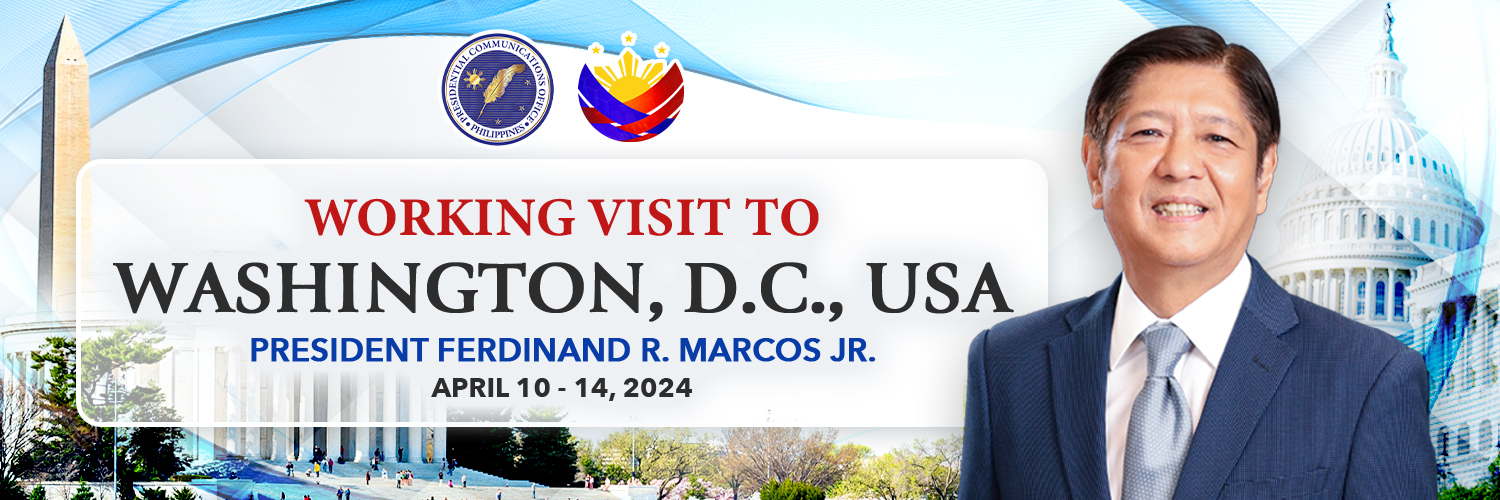
President Ferdinand R. Marcos Jr. is committed to protect the country’s sovereignty, territorial integrity and the rights of Filipino fishermen in the West Philippine Sea (WPS) and will continue pushing for multilateral approach in addressing present challenges, Philippine Ambassador to the US Jose Manuel Romualdez said on Thursday.
Romualdez made the remarks during an interview at the Philippine Embassy in Washington DC when asked if the Philippines expects China to scale down its action in the WPS amid the trilateral meeting between the Philippines, Japan, and the US.
While the Philippines can’t spell out China’s intentions, Romualdez said the country knows clearly what it wants to do — “to protect our territory and our sovereign rights.”
“You know for so many years the Filipino patience has been stretched to the limit. And we are now at the point where (we’re not) just going to sit and allow and see our fishermen suffer and not be able to fish in the areas that they’ve been fishing in – fishing grounds for hundreds of years,” Romualdez said.
“That is what the President is fighting for, that is what we’re all fighting for. We just want to be given our right to be able to explore our own environment, our territory, the respect for international law,” he said.
Romualdez said that it is about time for the Philippines to point out in a clear way to resolve the issue through dialogue “in a manner that is not intended to push another country for a conflict.”
Romualdez added the trilateral summit between the Philippines, Japan and the US will define the future and direction of the Indo-Pacific region.
He said the Philippines can take comfort of the fact that there are so many like-minded nations, or a large majority of countries all over the world supporting the freedom of navigation, the rule of law, and the arbitral award won by the Philippines in 2016 in line with the United Nations Convention on the Law of the Sea (UNCLOS).
“So, these are things that we are simply fighting for. We’re not asking, looking for any conflict with any country. In fact, we’re reaching out to the ASEAN region. Again it’s a multilateral approach,” Romualdez pointed out.
“This is a policy that the President has spelled out to all of us. That we want to be able to solve these issues multilaterally, not just because we have a strong ally like the United States,” he said. PND

